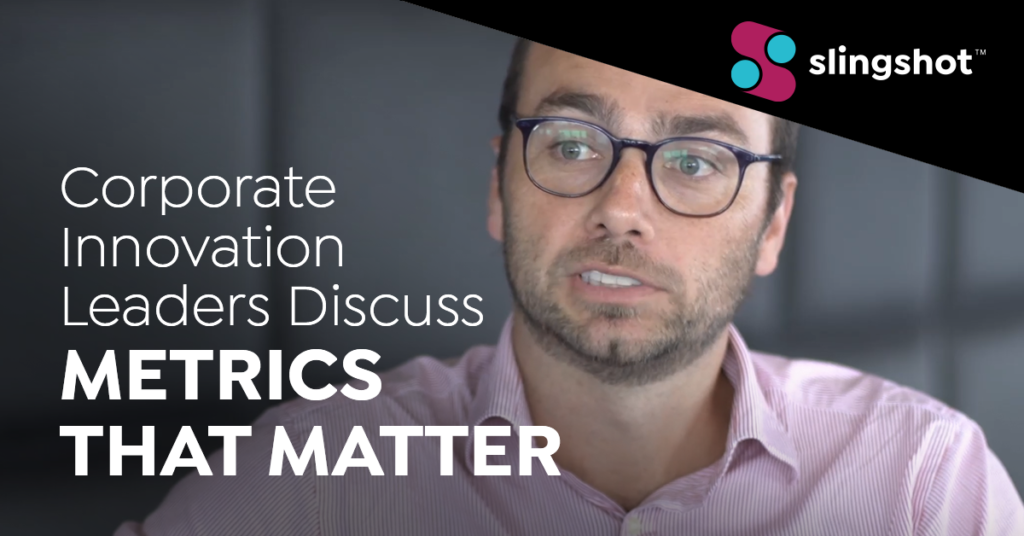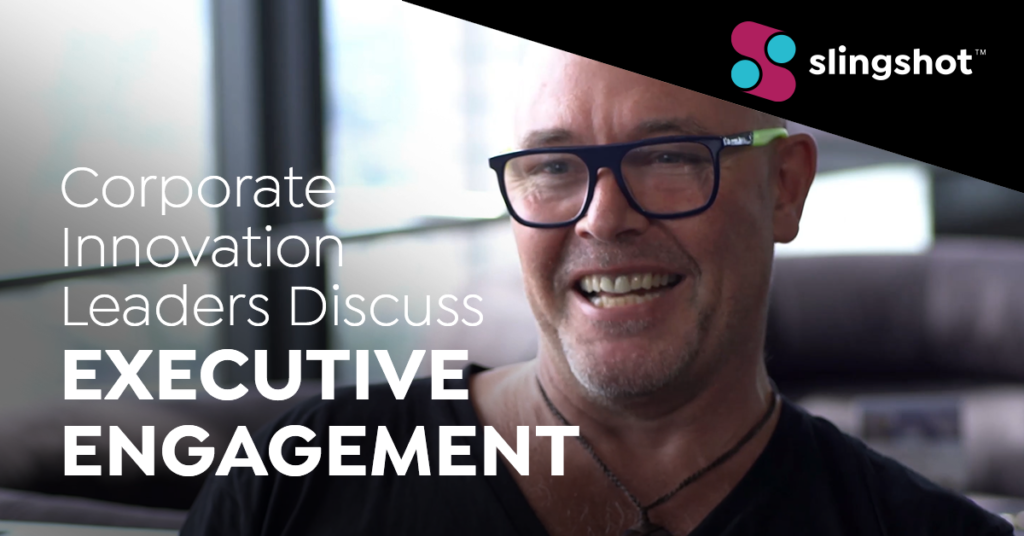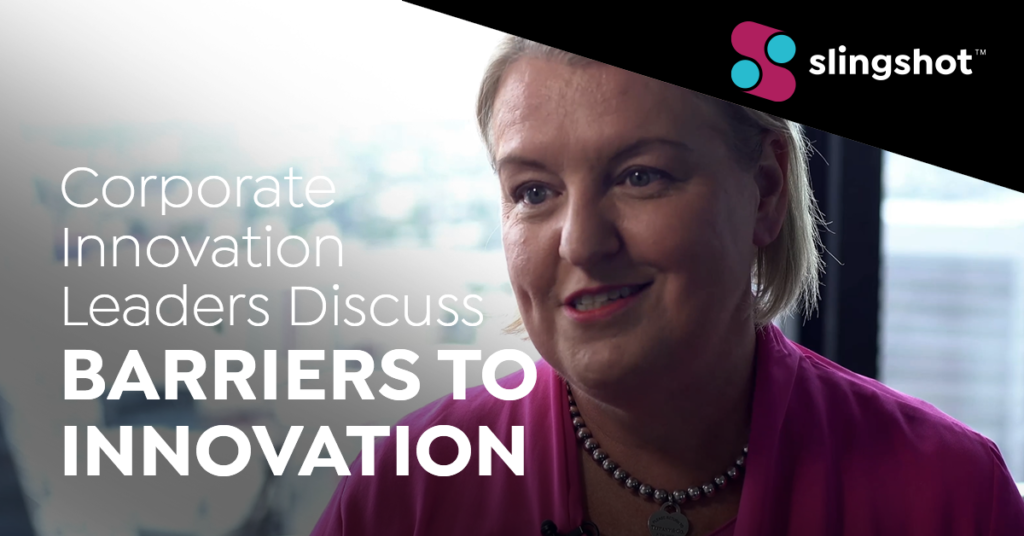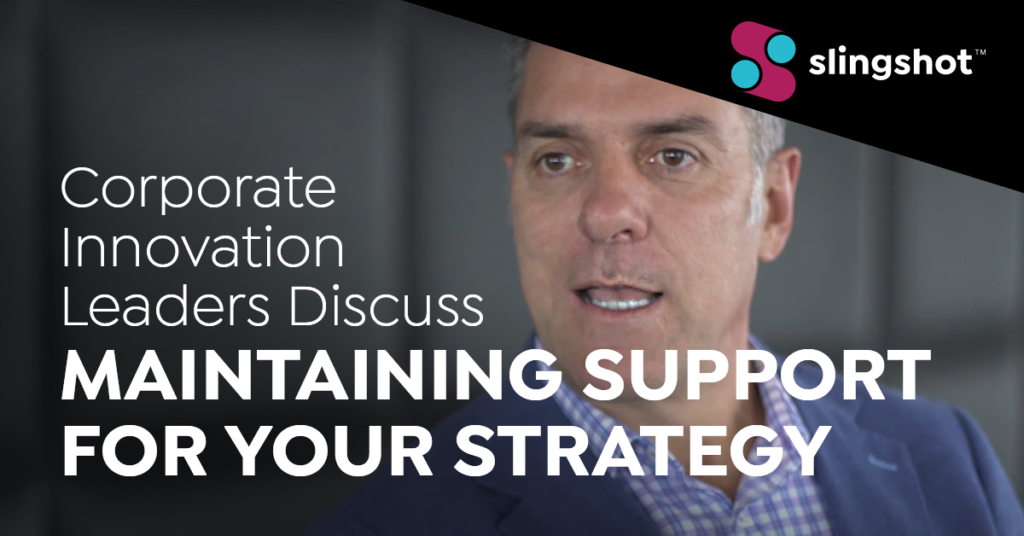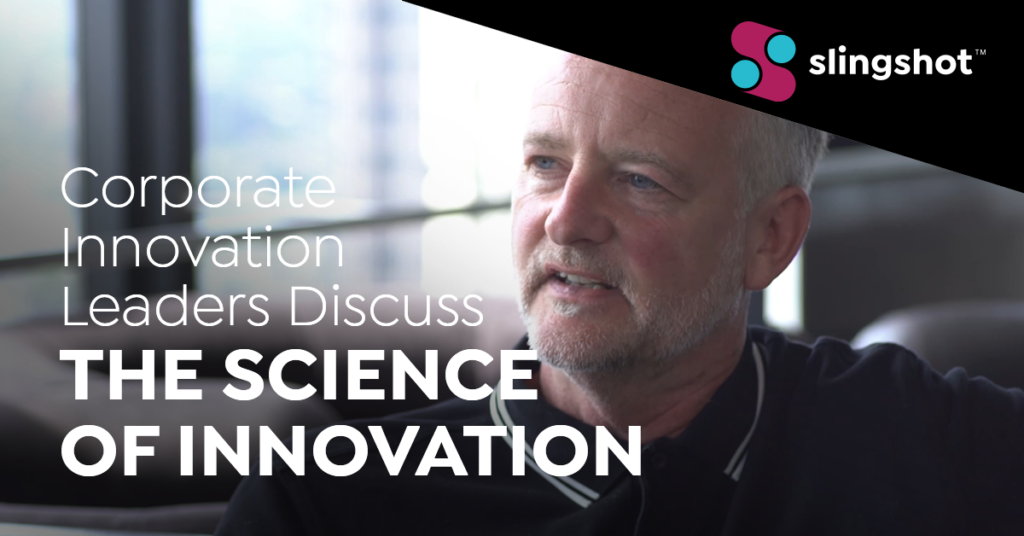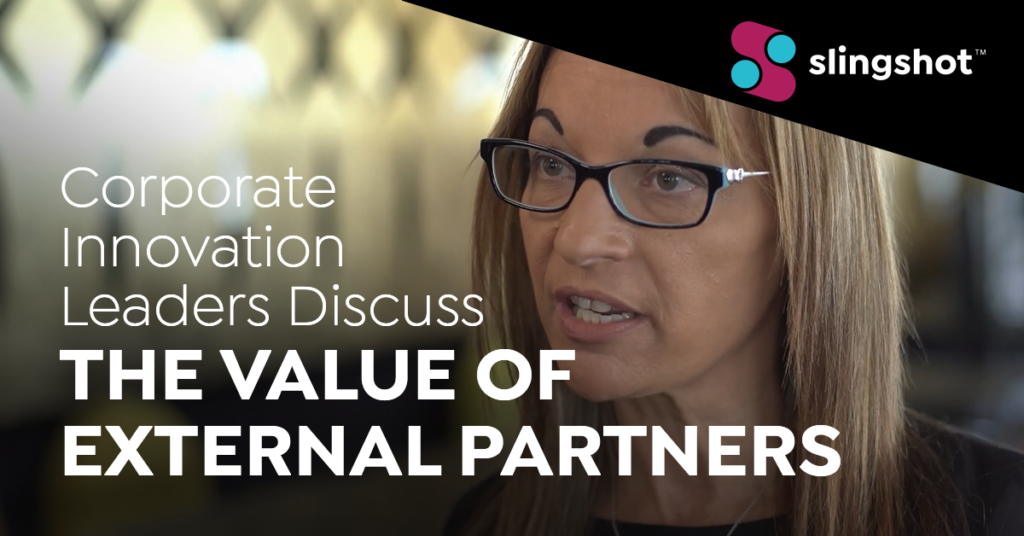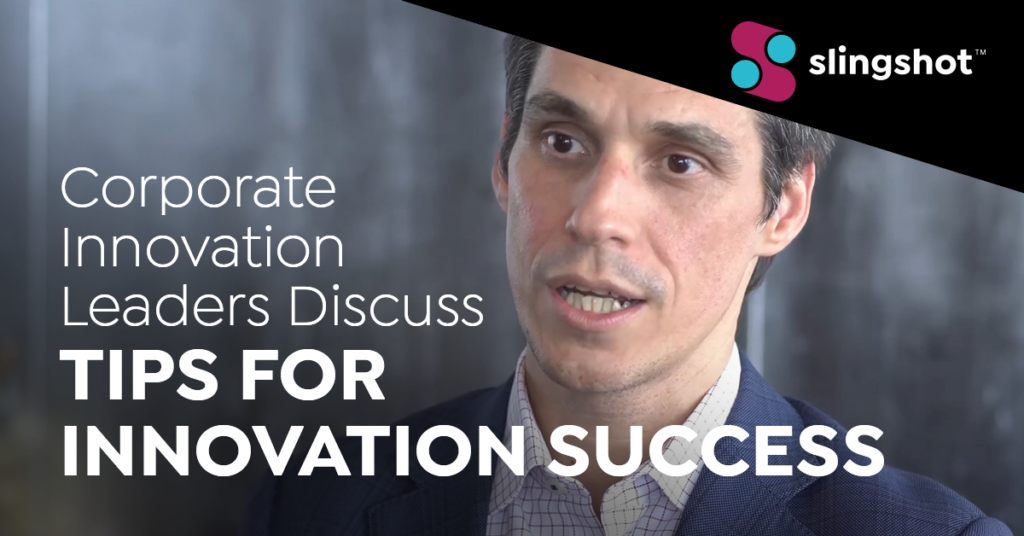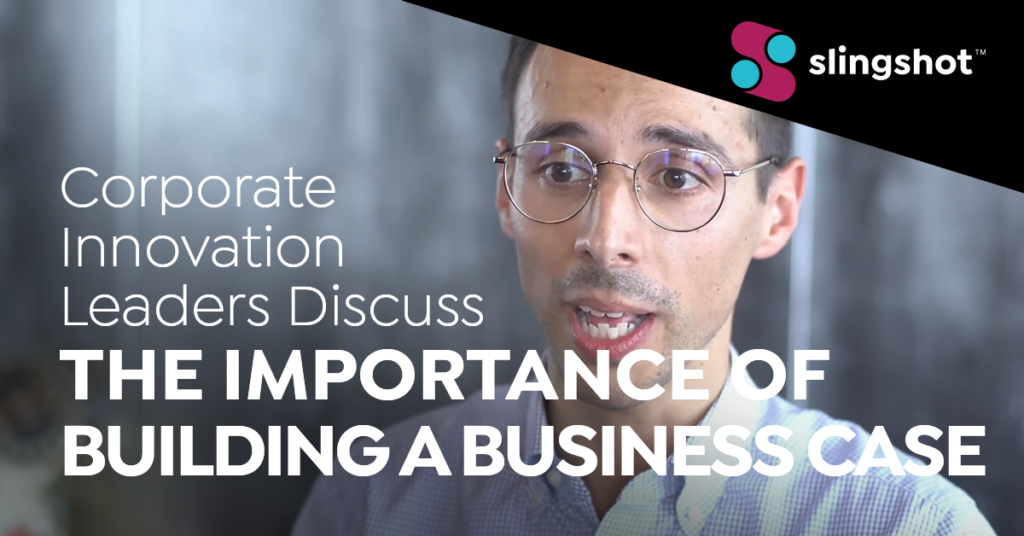05: The science of innovation
In mid 2020 we sat down with a group of the countries most recognised and experienced corporate innovation leaders for their unfiltered and honest view of key industry issues. They represented both clients, customers and agencies servicing the industry.
Colin Weir
CEO at Moroku
Making objective data-informed decisions is difficult in this space in the innovation world when we’re trying to do something different. There has to be a level of expense that just says, “we’re going to put some stuff aside and run some experiments”. But we haven’t really embedded that into the Australian corporate culture here. We haven’t figured out how to reward failure. It does take some courage to put some money at risk and to see if we can break out of the box.
Failure is the proof point, right. I mean this is the thing about science. But what you know in science is that there is no truth. You don’t arrive at the truth in science. All you’re doing is constantly discounting the non-truth.
Anthony Johnston
CEO at CoVentured
So there has to be an output, there has to be something, there has to be something real. It can’t continue to be spoken about in terms of what it might be. Go live with something. Get a deal done. And break it up into tests, break it up into pilots, break it up into the data that you need.
Always think about the data up front, you need that at the end to be able to put together a case. Break it down into proof of value, proof of concept, pilot, whatever it needs to be, depending on the scale. But breaking that up into small bits means the business can digest it and then iterate and get an output but outcomes are super important.
Giles Day
Founder and COO at Big
A picture is worth a thousand words but a prototype is worth a thousand meetings
If you can be brave enough to create a thing, an object, and say, “well what do you think of that?” then you’ll have a really interesting conversation. People will tell you they don’t like it, but then you’re one step closer to the solution by prototyping.
Talking and talking, we’ve all been to those meetings. It’s very easy to agree or disagree that nothing happens. Prototype, and something happens in the world.
Lorraine Thomas
Chief Officer, Product & Innovation at HCF Australia
Data-informed decisions often need to be demonstrated with real methodology. So underpinning a strategic framework, where we have a number of gates where we’re using data to actually inform the decision, but also to validate the decisions. Like any organization is cross-functional, we’d have experts from various areas of the organization to be able to have that real objective lens.
Pierre-Alexandre Schaupp
Innovation and Strategy at News Corp
Some people are very purist, they want the methodology to be perfect. But usually, perfection doesn’t work with innovation. So we need to constantly make changes and be ready to evolve, to adapt to how the organization is evolving.

